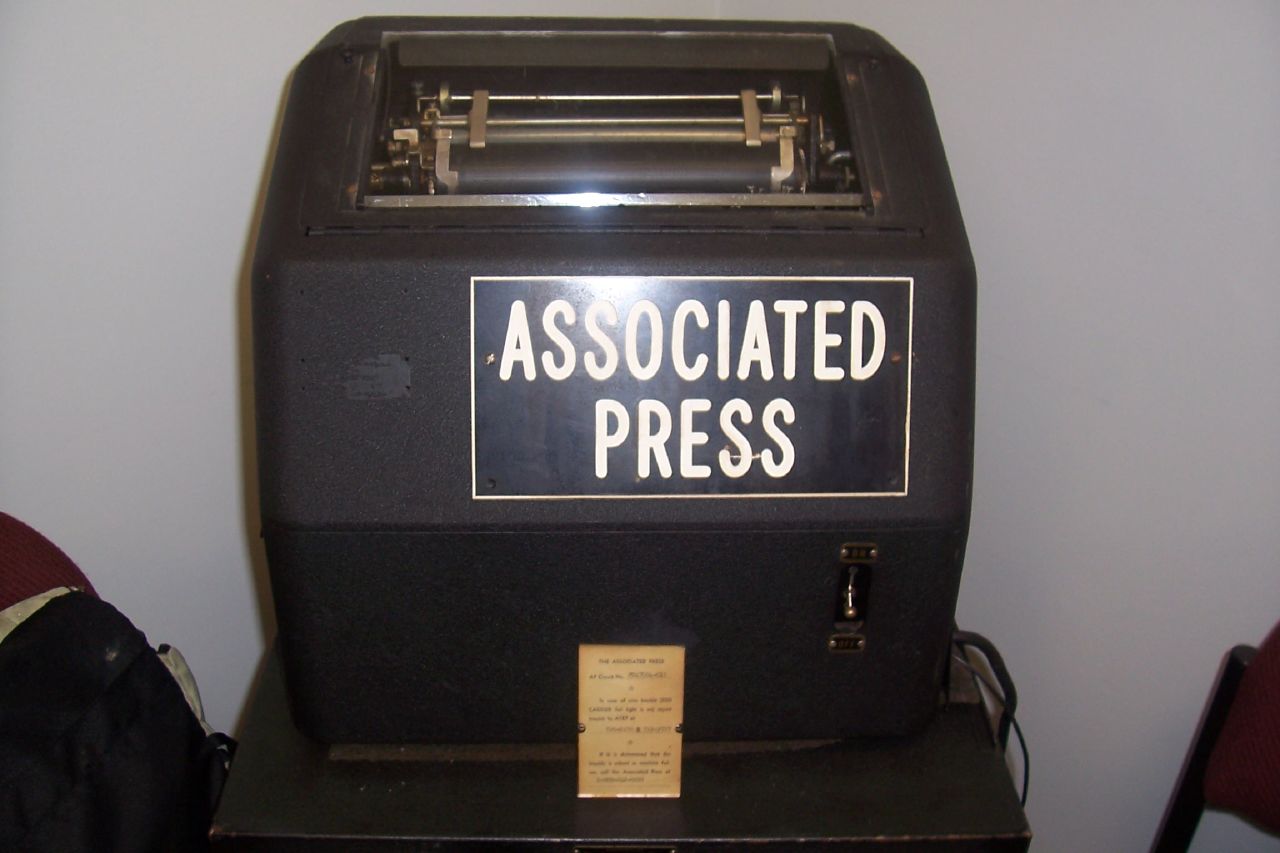My wife and I just returned home from watching “The Fifth Estate“. My problem isn’t the film but the trailer, which makes the movie look more like a political thriller. The film is nothing like […]
Category: Rights

Some Advice to the Washington Post's New Owner
Today, in the Guardian, former CIA analyst John Kiriakou accuses the Obama Administration of abusing the 1917 Espionage Act, claiming that “only 10 people in American history have been charged with espionage for leaking classified information, seven of them under Barack Obama”.
From Day One, the Obama Administration sought to plug any leaks. What’s said in the Oval Office stays in the Oval Office. That’s context for understanding the aggressive approach to whistleblowers. It’s philosophical. The current White House sees leaks as betrayals, so why not view whistleblowing as treason?

Free Pussy Riot!
Punk rock roared across the globe as I started college in the late 1970s. Punkers protested their disco-loving, Baby Boomer siblings as much as “The Man”. UK punkers tapped into deep frustration among a younger population struggling for identity and future in face of global economic uncertainty.
Punk music then is much different than now. Then it was a lifestyle choice rooted in rebellion. Today, for bands like Green Day, punk, and all its garnishments, is fashionable. Mascara, colored hair, and tattoos are about fitting in to a larger, accepted social group. The real energy behind bands like the Sex Pistols is gone.

Freely Available doesn't mean Free
I am used to my stuff being stolen, not that I like it—ideas, analyses, blog posts and news stories. Probably my Flickr photos frequently get lifted, too. I’m no great shakes photographer, so it pains but a little. The writing hurts more. But for good photographers like Thomas Hawk, Flickr theft is a bigger deal. Some people see Creative Commons, even All Rights Reserved, as license to steal; if it’s on the Web and freely available, it must be free.

Ghosts of Halloween Past
The National Geographic post “Halloween Costume Pictures: Spooky Styles a Century Ago” inspired my own photo essay. National Geo credits the first image “photograph copyright DaZo Vintage Stock Photos, Images.com, Corbis”. The other images also […]

‘The Social Network’ ignores the Network
On Friday, I wrote a review of “The Social Network“. Harvard law professor Lawrence Lessig did one better for The New Republic: “Sorkin vs. Zuckerberg—‘The Social Network’ is wonderful entertainment, but its message is actually kind of evil“. Lawrence is insightful as always, although he expects too much of the film’s writer and director. Nevertheless, he makes spot-on observations about what Facebook represents for future entrepreneurs like co-founder Mark Zuckerberg. The film is seemingly a morality tale about moral ambiguity. What’s lost is Zuckerberg’s ingenuity and the network that allowed it to flourish.

TechCrunch and Woot play to AP’s Weakness
Some people—heck, some organizations—have no sense of humor. Humorless perhaps best describes Associated Press, which apparently didn’t get Woot’s joke about owing money for a blog excerpt. TechCrunch’s MG Siegler put AP in its place today, that’s assuming there isn’t yet a nasty takedown-notice response coming.
Some quick background: About two years ago, AP decided that no one should excerpt its content without paying for it. The policy defies decades of journalist practices and fair-use laws. I could understand AP going after blocks of text, but no, it’s the little excerpts, too. Excerpt up to 50 words and AP expects you to pay $17.50; 100 bucks for 251 words or more. The approach is controversial, as it should be.

Next Task for Health-Care Reform: Abolish Gene Patents
As a science geek, college biology major (decades ago) and pragmatist, I am appalled that any person or company is granted patents over genes. It’s simply unconscionable to grant ownership over laws of nature, which allowance defies centuries of sound legal prudence. If the Obama Administration and 111th Congress want to do some more meaningful health-care reform, abolishing gene patents would be the right place to start.
There is something so oddly together about where genes started and where they are today. In February 1953, Francis Crick and James Watson uncovered “the secret of life” when identifying the structure of deoxyribonucleic acid, more widely known as DNA. Their pioneering work later led to the Human Genome Project, which when completed in 2003 identified “the approximately 20,000-25,000 genes in human DNA,” according to official information.

I’m DRM-free, Baby
Last week I achieved my goal of becoming DRM-free before the end of the year. I have purged all the DRM tracks from my music library and replaced what I could—thanks to the Amazon MP3 […]

Kiss My DRM
I have been laughing at Universal Music’s refusal to sign another long-term contract with Apple. Universal demonstrates the same thick-as-a-brick mentally that has made music labels perhaps the most loathed organizations on the planet. It’s one hell of a contradiction: The folks selling beloved music are hated by their tune-loving customers.

iTunes Music Madness
On May 29, Apple opened up iTunes Plus as a subset of its broader music store, offering DRM-free songs and albums encoded at 256kbps. Apple also offers to upgrade lower-bit-rate, DRM songs for 30 cents a piece. It’s a good deal. But the licensing is downright confusing. While browsing iTunes Plus, yesterday, I saw “Pat Benatar’s Greatest Hits” available DRM-free. I thought, “Huh? I’ve got other Pat Benatar music, and I don’t remember getting an offer DRM-free replacements”. I upgraded 25 other songs from other artists.
Sure enough, my iTunes library contains three Pat Benatar songs, from three different albums. My version of “Hit Me With Your Best Shot” from album “Pat Benatar: Best Shots” is available DRM-free from iTunes Plus. But Apple offered me no 30-cent replacement option. Is it a glitch? I don’t think so. The song in my library lists publisher as Chrysalis, while the DRM-free version is Capitol Records.

I Want to Go Unprotected
Last week’s announcement—that Apple would offer DRM-free music from EMI—jump-started my motivation to dump DRM. Last autumn, I expressed concern about my growing library of copy-protected content, particularly music. The iTunes music store had always […]